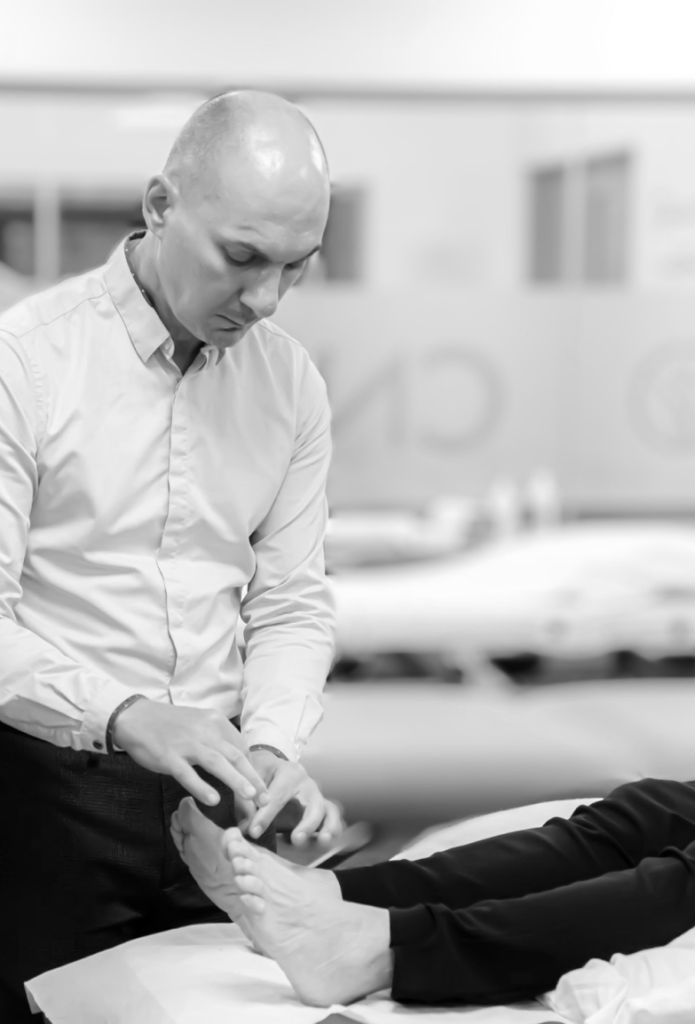Elevate Holistic Beauty from inside out with the renowned Dr. John Tsagaris, the founder of the Acuskinlift Method. Optimise your ageless wellness journey with his transformative natural skin tightening and lifting method, as well as John’s result-oriented health acupuncture experiences.

John Tsagaris introduced innovative skin rejuvenation cosmetic acupuncture in the UK and Europe. He is acknowledged as a pioneer in facial acupuncture and currently teaches his art on an advanced online course and academies internationally.
From his London-based bespoke wellness venue, Dr. Tsagaris provides a range of highly personalised health and wellness offerings. He is acknowledged as leading authority on integrating traditional holistic disciplines with modern evidence-based aesthetic methods and skills. In addition to his specialisations, he practices Traditional Chinese medicine, offering personalised health acupuncture, fertility support, and treating conditions successfully including hormonal, digestive, weight and musculoskeletal concerns.
As seen in












